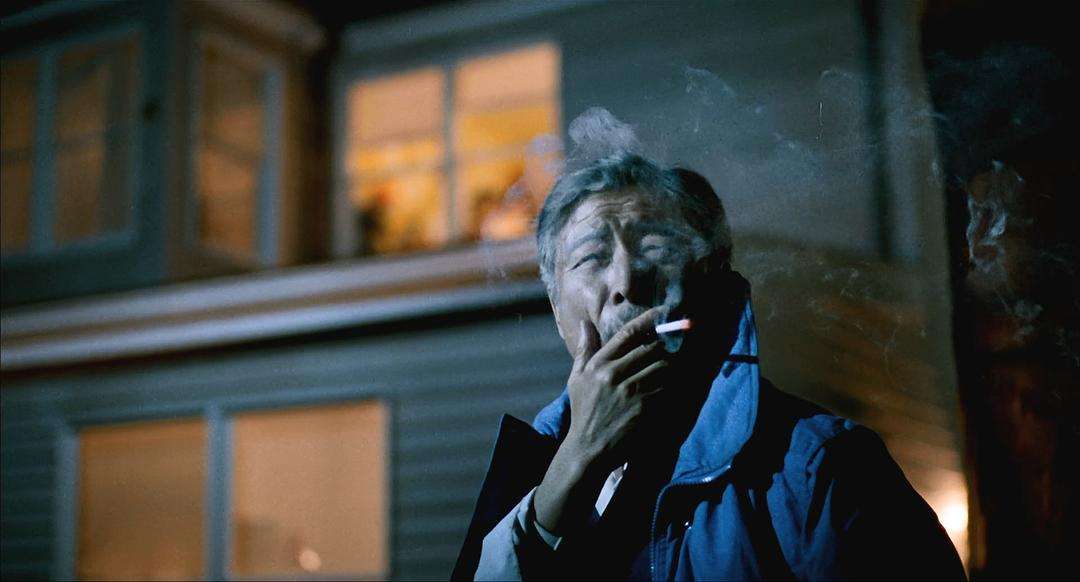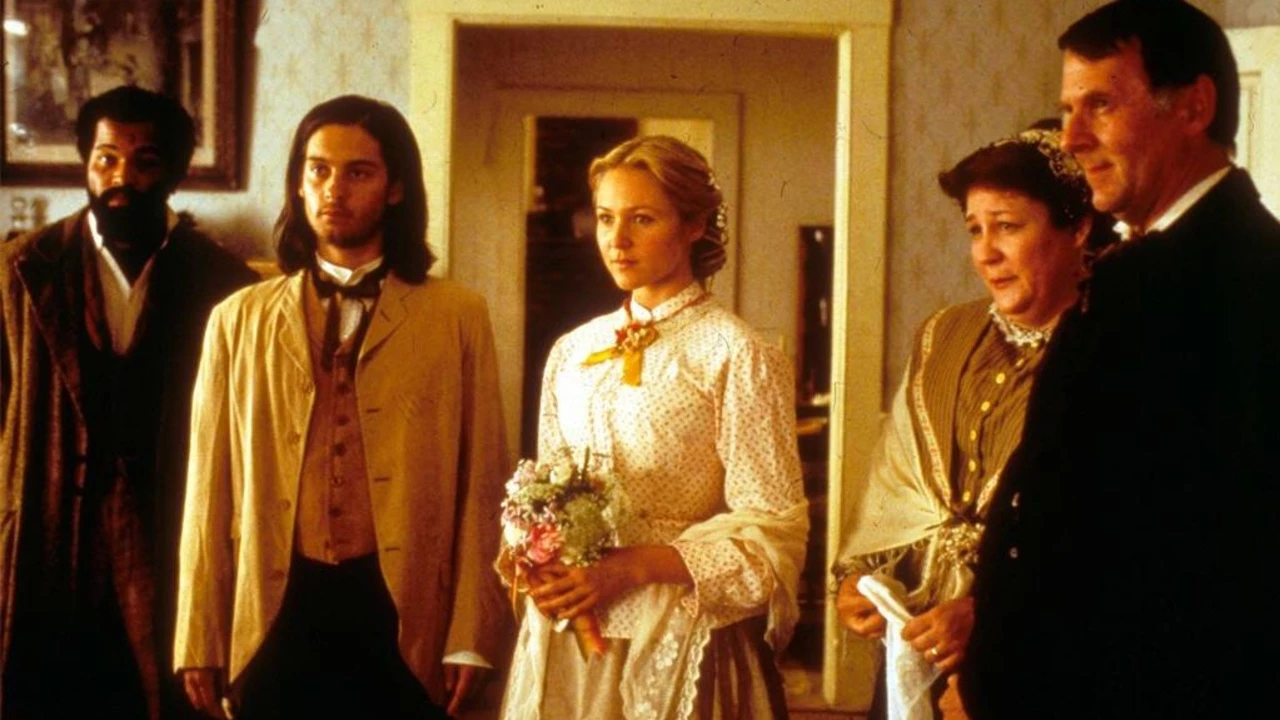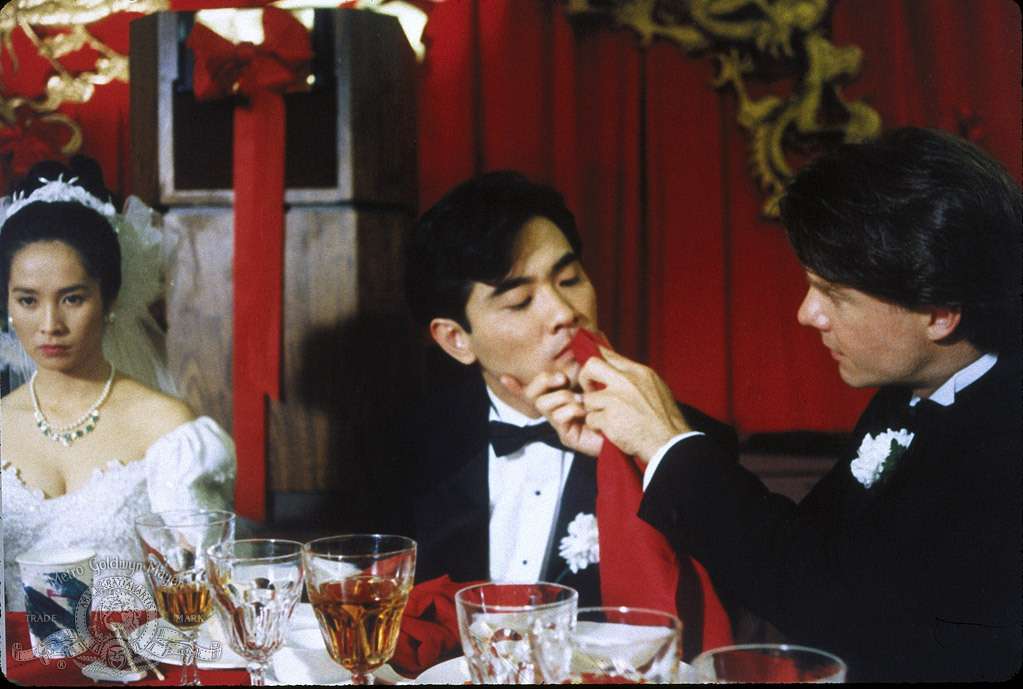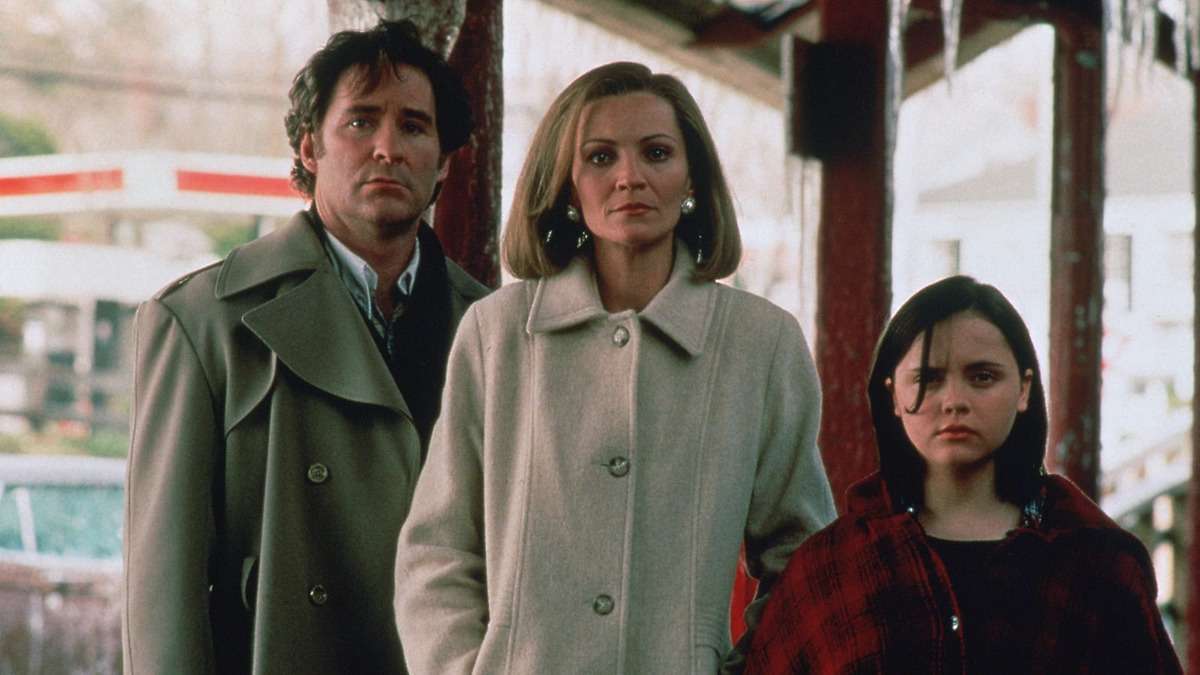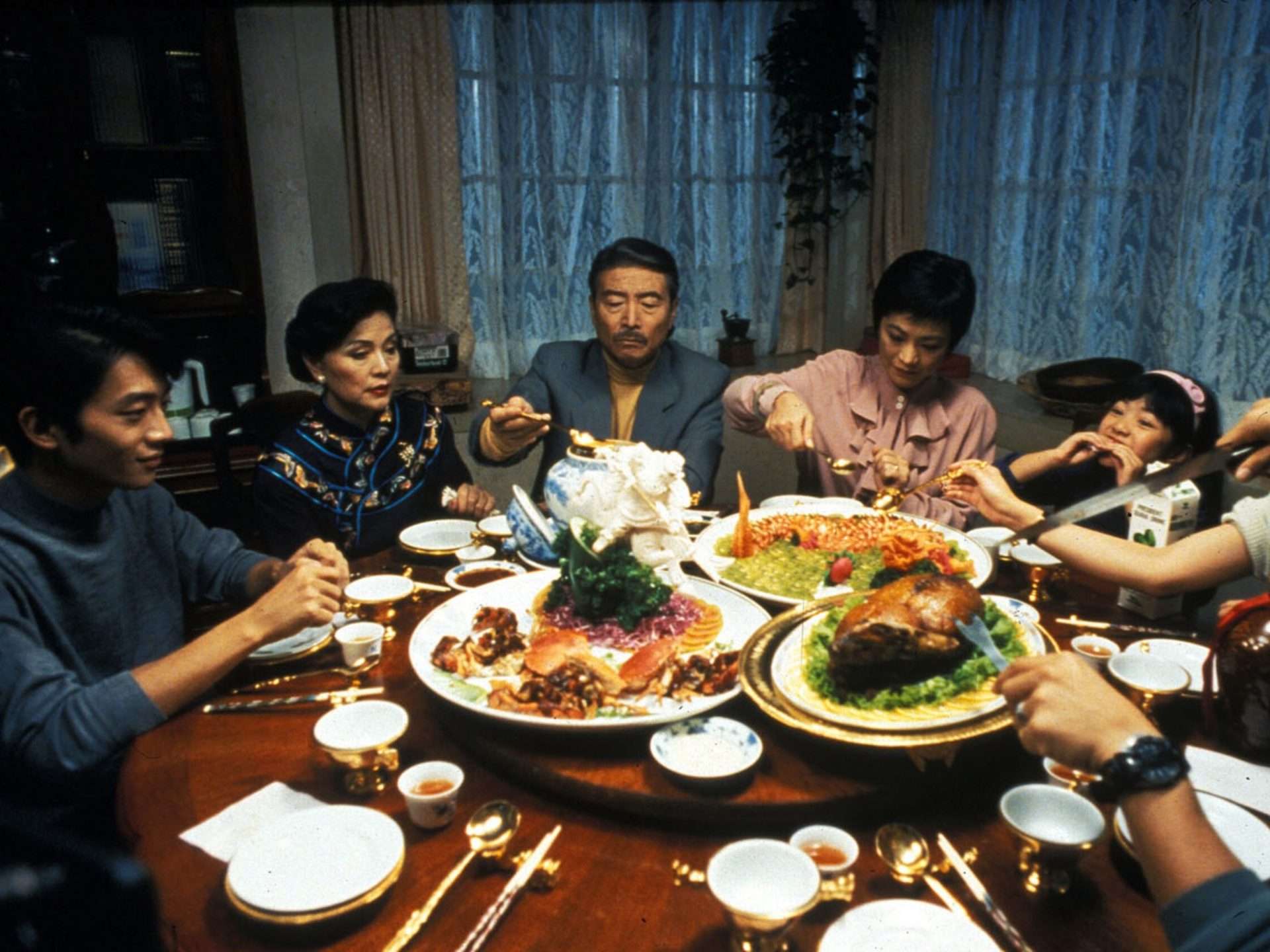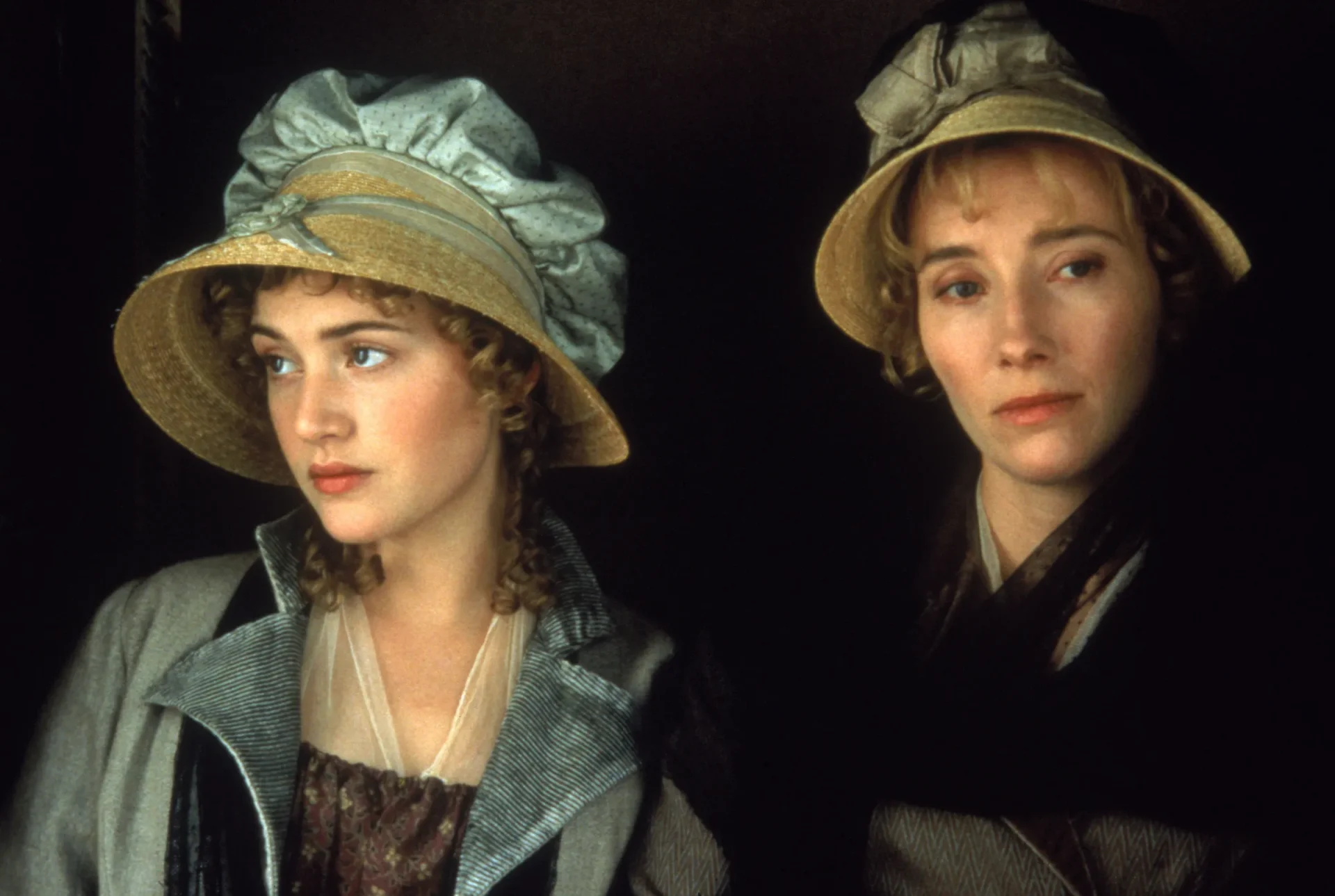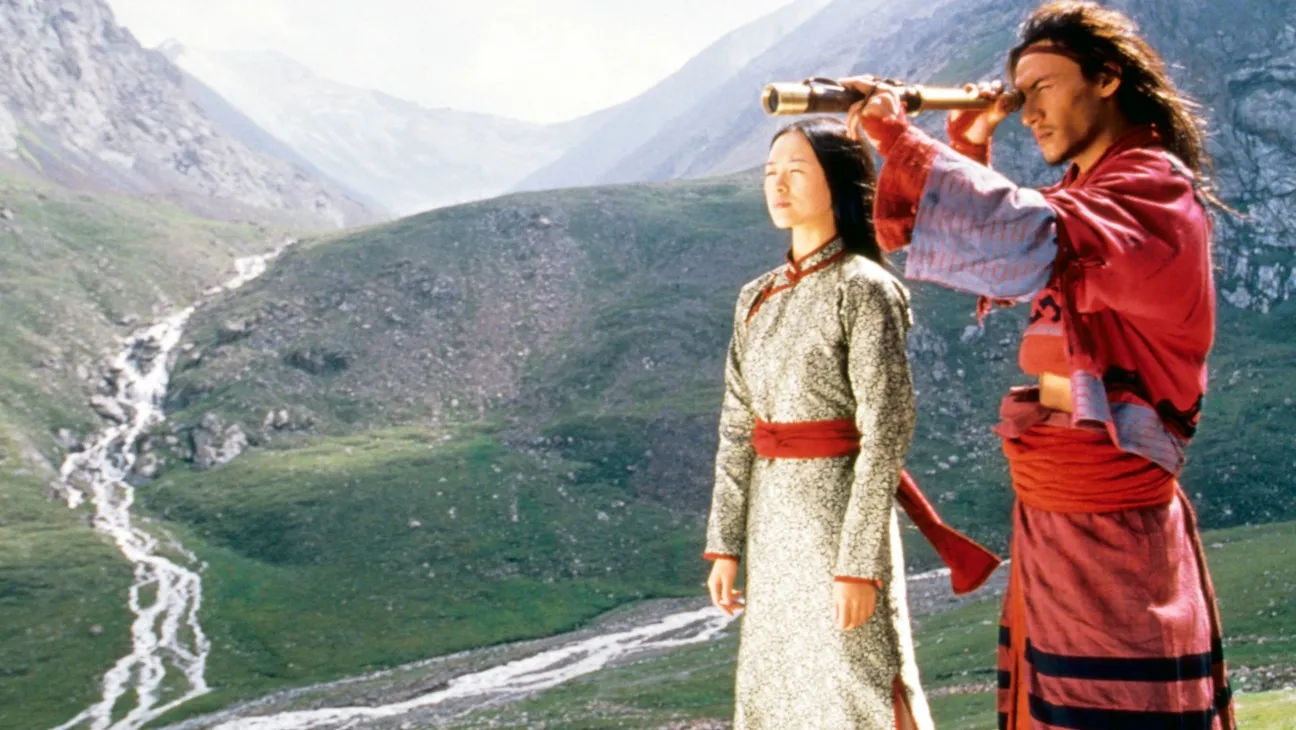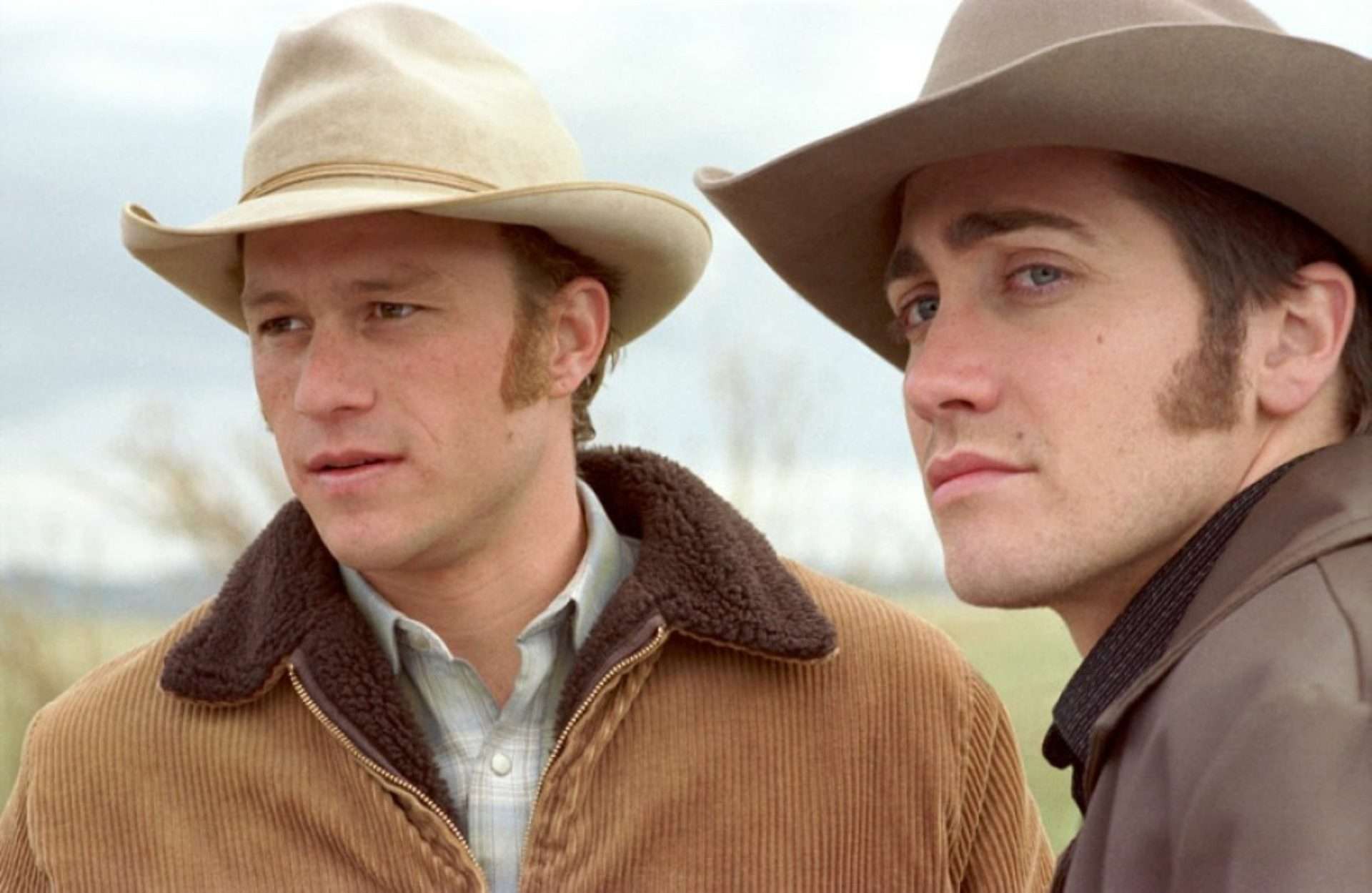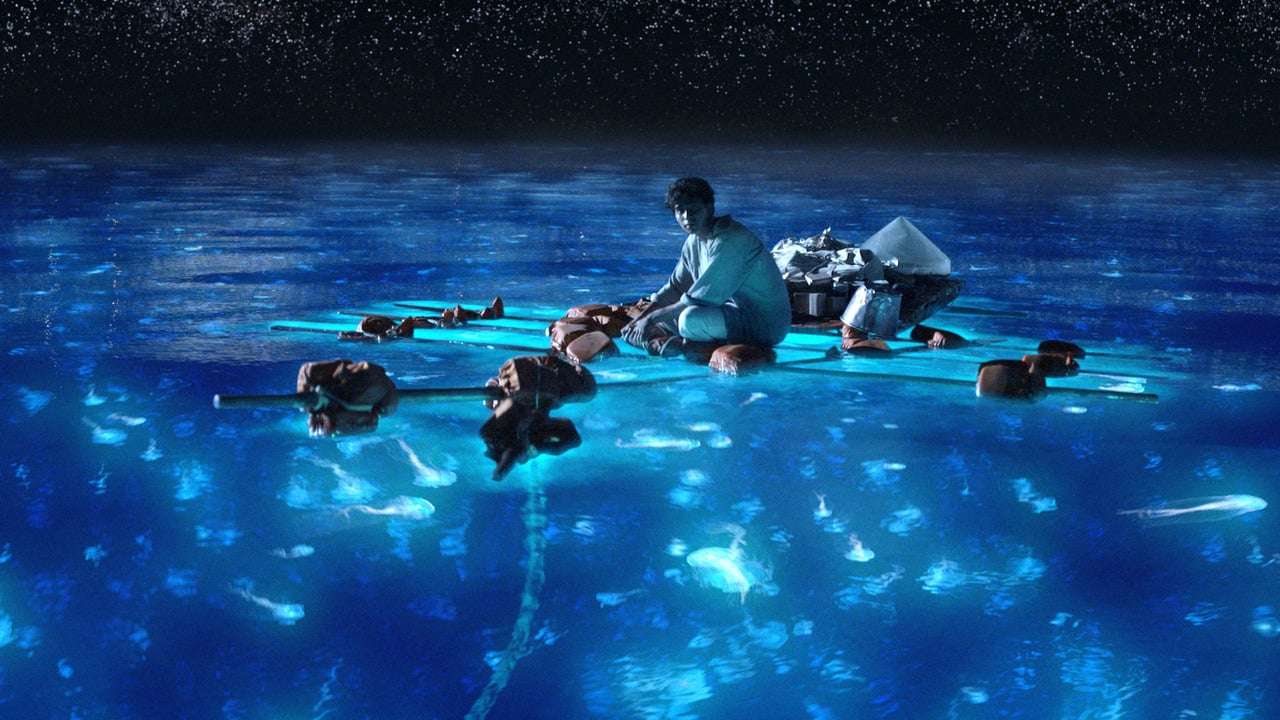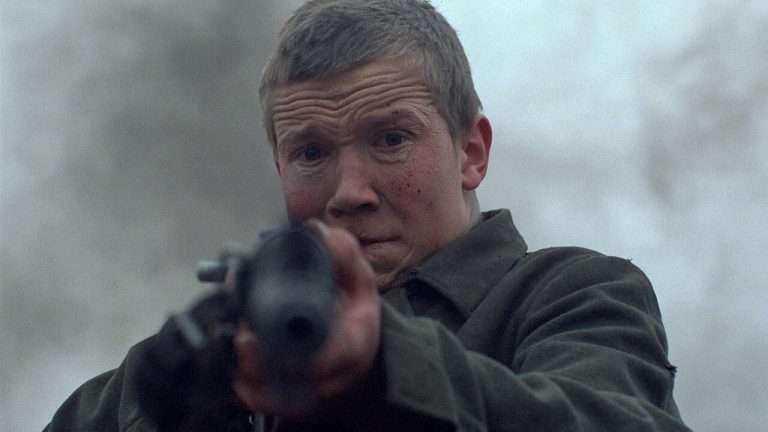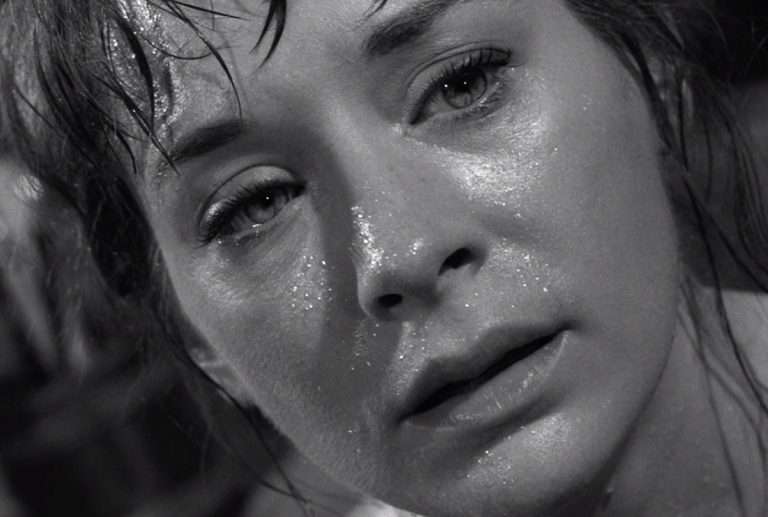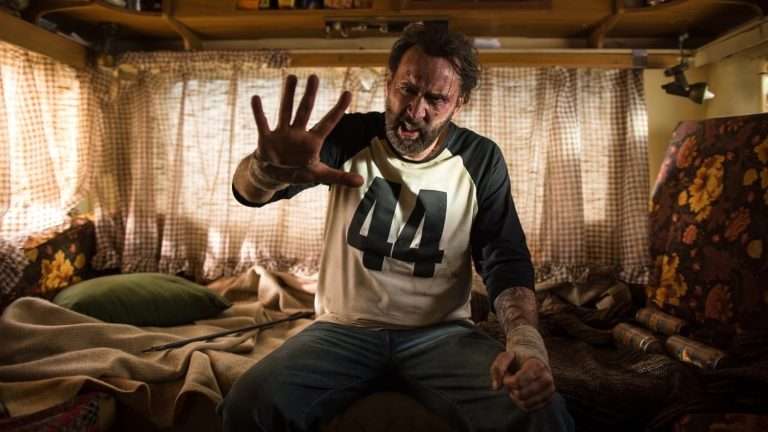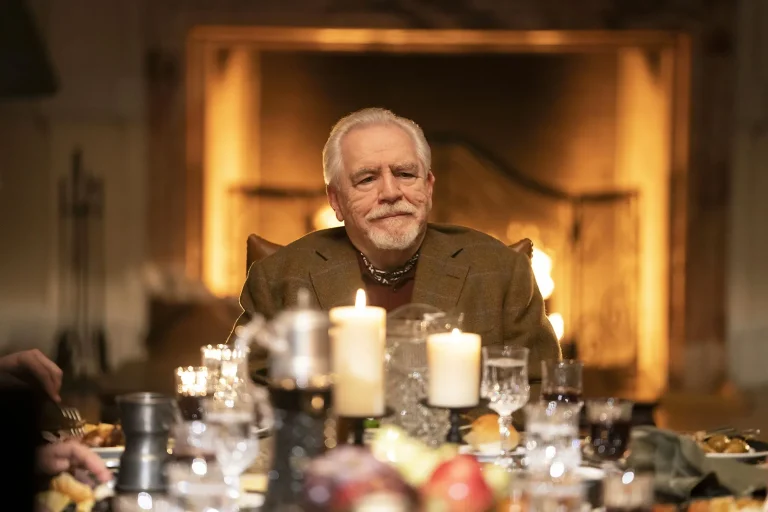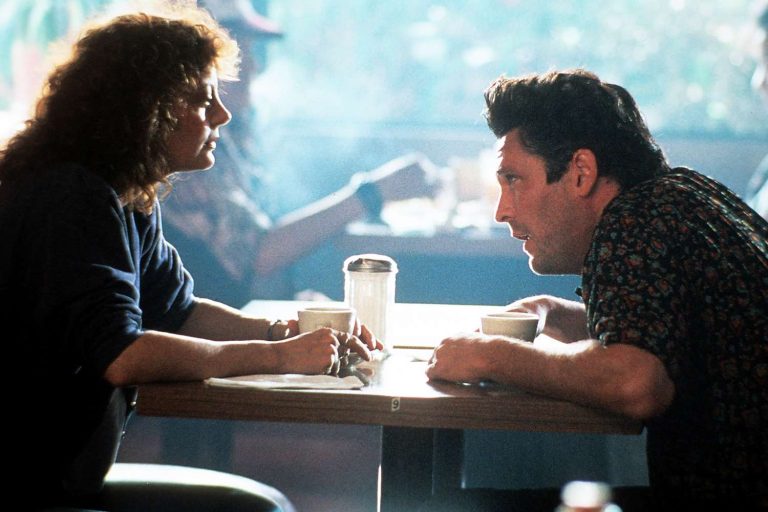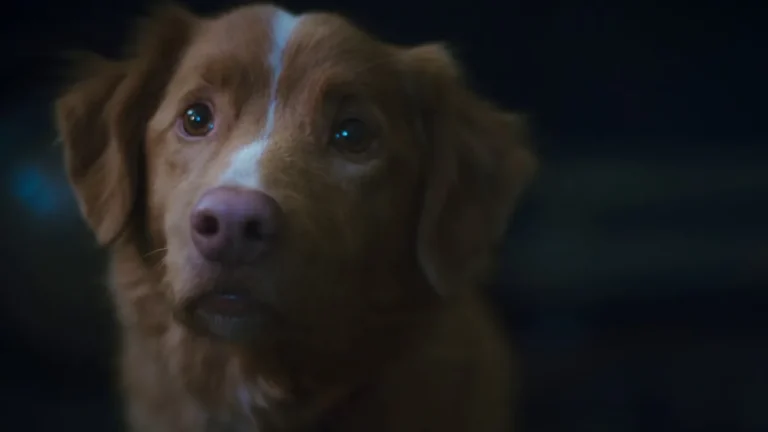Given the vast accolades that have been heaped upon Ang Lee over the course of his decades-long career, it would be difficult to classify the Taiwanese filmmaker as “underrated.” Two Academy Awards for directing; two Golden Lions from the Venice Film Festival; two Golden Bears from Berlin (the only director to do so); and historical status as an ambassador of the late-century crossover of the Taiwanese New Wave into American film culture.
And yet, in the periodic conversations arguing the best filmmakers in the business today, Lee’s name is one rarely, if ever, mentioned. Now maybe that’s because the man hasn’t made anything in a good while (capping off the previous decade with easily his worst film), but Lee’s status as a bold craftsman with a penchant for tender nuance shouldn’t be disregarded; with nearly every film, Lee is a director who pushes himself in new ways—be it a shift in genre, tone or technological innovation—and even his less-than-stellar outings prove to be fascinating as a result.
As 2025 marks the significant anniversary of several of his films—20 years since “Brokeback Mountain”; 25 since “Crouching Tiger, Hidden Dragon”; 30 since “Sense and Sensibility”—it only seems right to take note of this unsung statesman of modern cinema and his contributions across the decades. Here are Ang Lee’s 10 best movies, ranked.
10. Pushing Hands (1991)
Most filmmakers of high standing tend to abhor their first features as signs of amateurish ambitions unfulfilled by a lack of experience rolling in the celluloid trenches. As far as anyone is concerned, Ang Lee doesn’t look poorly upon his own debut “Pushing Hands,” and for good reason; the film may not be anywhere near the peak of the filmmaker’s powers, but in it lie the hallmarks of an up-and-coming artist whose preoccupations with the quiet throes of social integration would echo across multiple features and settings to define a sector of human experience rarely viewed as “cinematic” enough for a second look.
Not only Lee’s inaugural film, but the inaugural film of his “Father Knows Best” trilogy (spoiler alert: both subsequent films will be appearing further up on this list), “Pushing Hands” brings the role of that father perhaps the closest it’s ever been to the forefront of his intercultural social experiments, proving that knowing best doesn’t always mean knowing right. Rather, “Pushing Hands” is a testament to the knowledge that sometimes, you won’t always find your comforts when pushed into a new milieu, but with a steady hand and a willing spirit, you can find new ones alongside the willingness to let the younger generations forge a path of their own.
9. Ride with the Devil (1999)
In a filmography rife with genre experimentation, Lee’s stab at the revisionist western seems to have been brushed away with the tumbleweeds in the wider discussion of his catalog. To an extent, this is understandable, as “Ride with the Devil” is, by design, something of a glacial examination of the American Civil War and the resulting clashes of ideals. In that glacial pace, however, lies the signature delicacy of a filmmaker who finds in his adopted second country a story that sees in these conflicts not a maudlin potential for reconciliation, but rather an honest view of how these conflicts become a cross to bear even when we don’t fully believe in their value.
Featuring a cast of ‘90s figureheads so oddly placed in a western setting that it appears as though Lee may very well have drawn their names from a dusty cowboy hat—Tobey Maguire? Skeet Ulrich? Jeffrey Wright? JEWEL?—“Ride with the Devil” may not live up to the Robert Altman playbook of genre revision, but it nonetheless makes for a distinct endeavor, rewarding in the intrigue of its very existence if nothing else. Almost spectral and seldom direct in its view of a destitute American landscape, there is arguably no avenue more appropriate for Lee to examine this critical juncture in the nation’s history.
8. The Wedding Banquet (1993)
A film so subtly enduring that we’ve just now gotten a remake courtesy of Andrew Ahn, “The Wedding Banquet” was Lee’s first major foray into the Western critical sphere; while not his first American-set film, it was his first to receive an American release. Considering its confluence of cultural friction and gay prejudice, that the film managed to find as much success as it did in the early 1990s is something of a major feat in itself. But successful it was, with the second film of Lee’s paternal trilogy earning accolades from Berlin to LA, and it’s not difficult to see why.
A film that, like its recent remake, tackles the specificities of generational baggage through an Asian American lens, “The Wedding Banquet” never allows its muted comedic moments to drown out the very real discords from which these moments are birthed. Lee guides his rom-com framework into a genuinely affecting and thought-provoking musing on what it means to keep both feet planted on opposite sides of the planet, where pleasing everyone only manages to tear you right down the center. The very fact that it has been remade proves that “The Wedding Banquet” resonates, at least in part, with today’s tumultuous discussions regarding the barriers we build around ourselves.
7. The Ice Storm (1997)
“The Ice Storm” was Ang Lee’s first film to premiere at the Cannes Film Festival, where writer James Schamus (who has been with Lee since the very beginning) netted the Best Screenplay Award for his efforts. It’s not difficult to see why, with such an eclectic cast (among them Sigourney Weaver, Kevin Kline, Joan Allen, Christina Ricci and Elijah Wood), it’s the words Schamus had them speak that got the most attention, for his adaptation of Rick Moody’s novel is a constantly simmering and stirring view of upper-class American malaise in the modern era. No lofty castles or extravagant costumes are required for the telling of this contemporary fable of a slow death by ennui.
In essence, “The Ice Storm” functions best as an anthropological study of one of the most fundamentally uninteresting subsects of contemporary society, which makes its utterly compelling execution that much more impressive. That’s because Lee’s steady hand, guided by Schamus’s screenplay, always finds the pockets of depth revealed in the slightest stumble over a word, or the most undetectable tilt of the head. Cumulatively, these small nothings add up to a portrait of cozy complacency all too real, and endlessly enthralling.
6. Eat Drink Man Woman (1994)
Closing out his “Father Knows Best” trilogy, “Eat Drink Man Woman” finds Lee extending his themes of Taiwanese-American cultural mixture in the modern world with his most deft command of sensory filmmaking yet. True to its title, the film constitutes a mouth-watering expression of culture through taste, as Lee demonstrates a hitherto unexploited aptitude for manipulation not through histrionics or flashy technique, but by expertly traversing what we all famously know to be the only real path to a man’s heart: his stomach.
Sandwiched directly between Lee’s two Golden Bear-winning international hits, “Eat Drink Man Woman” arguably does a more thorough job of introducing Lee to the Western world as a traveling voice of lasting impact than either of them. In his prior two films in this trilogy, vocal language and body language came hand-in-hand as the foundations of (mis)communication; here, Lee adds a third form of language—one of the culinary variety—that further complicates matters just as much as it makes them deceptively simple. In a sense, “deceptive simplicity” is the perfect way to describe all of Ang Lee’s most impactful works, and “Eat Drink Man Woman” stands firm as irrefutable proof of this truth.
Also Read: 15 Great Movies About Food That You Need To Watch
5. Sense and Sensibility (1995)
When asked about his thoughts on the ostensibly odd choice of Lee to direct the Jane Austen adaptation “Sense and Sensibility,” the late, great Alan Rickman (who costars in the film) asserted “If you ever watch his film ‘Eat Drink Man Woman,’ you’ll recognize that he comes from a society that has all sorts of parallels [with Austen’s]… and although it seemed an odd choice at the beginning, it was very quickly apparent that it was a rather brilliant one.” The discussion could simply end there, because Rickman, in the span of a few sentences, perfectly sums up not only the director’s greatest appeal, but also why it feels so perfectly attuned to a time and place that many would inherently assume to be completely out of his depth.
Once more, Lee is working by the grace of a masterful, award-winning screenplay—this one from lead star Emma Thompson, who bagged an Oscar for her efforts—and an equally masterful selection of actors to bring his own sensibilities to the screen, and the results are nothing short of evocative in their depth of understanding for prickly social mores and the heartache that results from them. “Sense and Sensibility” already had an uphill battle as an adaptation of a certified literary classic, but Lee once again proved himself up to the challenge by recognizing exactly what it was that made the material classic in the first place.
4. Crouching Tiger, Hidden Dragon (2000)
You can argue that several of Ang Lee’s Taiwanese films—all of them mentioned above—constitute the director’s “big break” into the Hollywood scene, and while that designation may be more appropriately suited to any one of his American-produced pictures, few can argue that “Crouching Tiger, Hidden Dragon” was the film that incontrovertibly proved Lee to be a versatile voice with the power to completely shift the cultural landscape with the right film. A wuxia film netting 10 Oscar nominations seemed like a prospect straight out of a Bruce Lee-induced fever dream—and even today, a quarter-century after the fact, it still feels like a collective delusion—but “Crouching Tiger, Hidden Dragon” proved itself utterly spellbinding for even the stuffiest of moviegoers at the turn of the millennium.
What’s more impressive is just how Lee manages to achieve this status without compromising a single shred of what makes wuxia cinema so appealing to its most devoted soldiers in the first place; it’s fantastical, it’s exaggerated, and it holds absolutely no regard for the laws of physics… which is why it’s so damn awesome to behold! That Lee manages this balancing act in a genre that, up to this point, was completely foreign to his experience as a filmmaker is even more laudable, but every frame of the film proves that Lee’s efforts were motivated by passion for the story rather than desire for accolades.
3. Lust, Caution (2007)
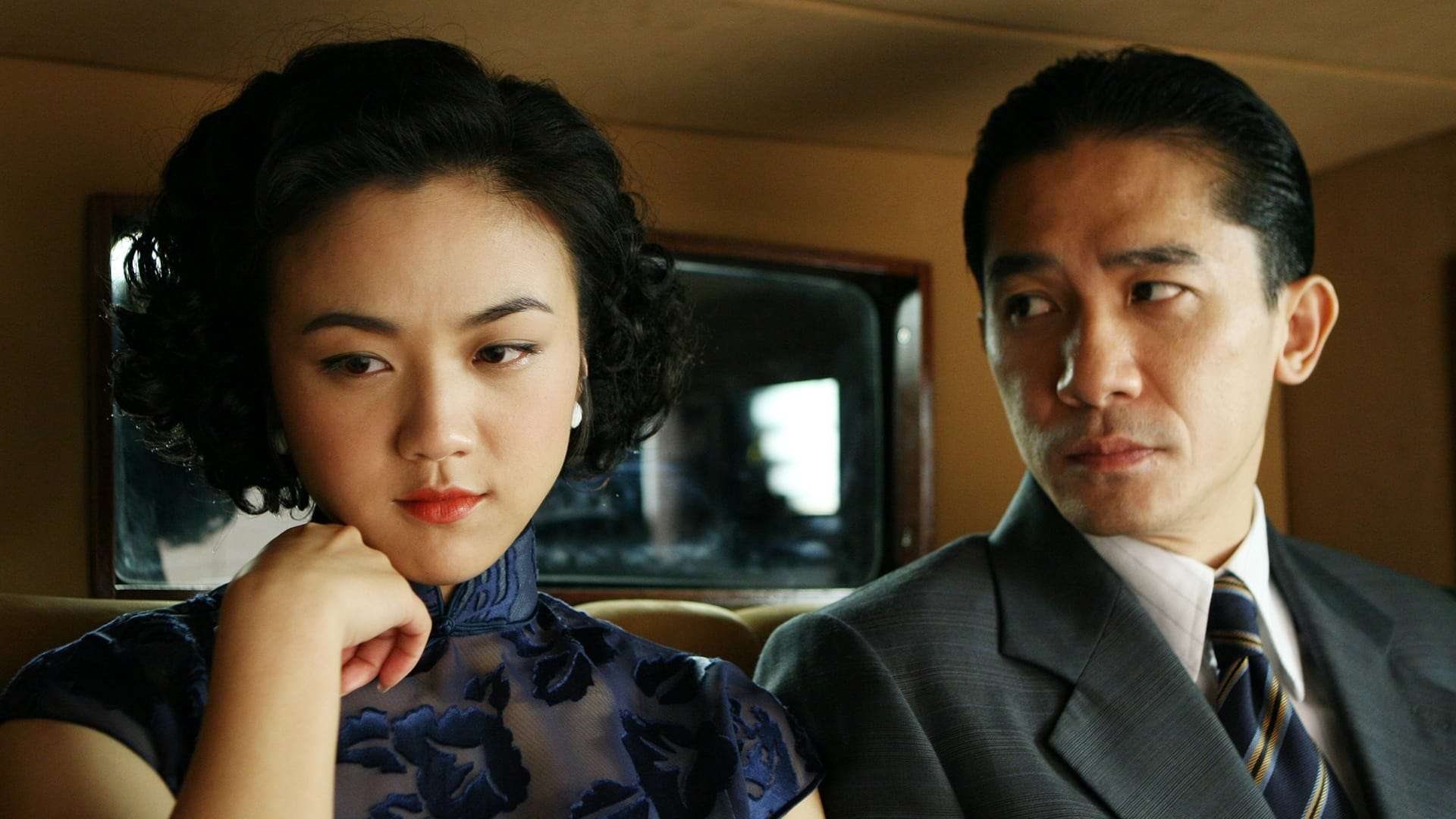
Alongside the two Golden Bears he collected from Berlin in a two-year timespan, Lee can also lay claim to two Golden Lions he earned from Venice in an entirely different two-year timespan. The second of these awards went to what is somehow one of Lee’s most underrated outings, the internationally co-produced erotic thriller “Lust, Caution.” Once more pushing himself into genre territory well beyond his past experience, Lee this time continues to exemplify the romance of life, but this time to its most lurid ends. A seeming relic of a bygone period, “Lust, Caution” almost exists as a last hurrah for the erotic thriller before the fate of condemned straight-to-streaming slop took its full hold on these sorts of films.
Beyond the sweat and steam, though, “Lust, Caution” stands above its competitors by placing more emphasis on the thrills than the eroticism, all while never leaving either component completely in the lurch. Deeply entrenched in the historical context of its wartime setting, the film engages, like all of Lee’s work, with what precisely it means to feel a connection with the person standing across from you. Though in this case, those implications take on their least subtle form yet, all the while proving that this is exactly the right choice for a film of this sensual nature.
2. Brokeback Mountain (2005)
When Lee’s “Hulk” became the first major failure of his attempts to stretch himself, the resulting discouragement nearly sent him away from filmmaking for good. It wasn’t until his “Father Knows Best” saga took on a metatextual dimension with encouragement from his own father that Lee would push himself to his greatest acclaim yet. Much of this list has been spent praising the director for the risks he’s taken over the course of his storied and undervalued career, but few risks have been as widely publicised, celebrated, and derided as the ones taken in producing “Brokeback Mountain.” The first of Lee’s Golden Lion wins, the film, forever unfairly dubbed the “gay cowboy movie,” proved that its endurance in the public consciousness more than transcended the controversy of its material in an increasingly conservative American political sphere.
Tethered by a myriad of sensitive, empathetic performances—not only by the men at the core of the love affair, but by the women pushed to the margins by it—the film maintains a steady respect for all those it depicts and represents, thanks to Lee’s refusal to give in to manipulative sentiment. Though more accurate and representative views of the LGBTQ+ community have come before and since (mostly those from voices within these groups), “Brokeback Mountain” remains a respectable and respectful undertaking that highlights what truly compassionate allies can bring to the conversation; primarily, a willingness to listen, and a willingness to understand.
1. Life of Pi (2012)
It wasn’t really until the 2010s that Ang Lee’s versatility as a filmmaker would extend as far as the technological sphere, which would continue to preoccupy him to this day. And while many would condemn this as the beginning of the end for a man who now seems more interested in seeking higher frame rates than higher rates of emotional truth, it’s undeniable that this trend began with the best of intentions and the best of results. “Life of Pi” finds Lee not only exploring the depths of the 3D phenomenon to bring us one of its only artistically viable offerings, but also does so with an impassioned view of the mysteries of culture and religion.
Based on Yann Martel’s acclaimed novel, “Life of Pi” finds, like its source material, beauty and danger in curiosity and uncertainty, making it fertile ground for a filmmaker whose own career-long preoccupations have been in exploring new boundaries and testing the limits of our reality without ever truly leaving it. Thanks to its dedicated and thorough visual effects work from Rhythm & Hues Studios, the film holds true as lasting evidence of what can be done when technical innovation meets the minds who see its potential beyond a quick profit. The world is a vast ocean, and sometimes, it takes a life-altering journey (and maybe the companionship of a tiger) to find the rhythm in those rocking waves.

